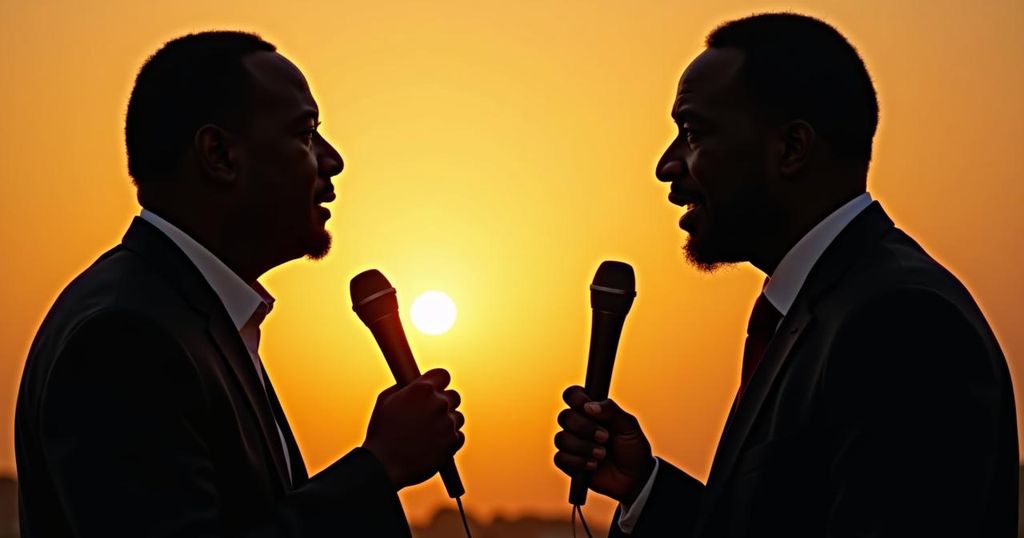Mozambique’s Election: New Leadership Amidst Challenges and Opportunities

Mozambique is poised for a historic election featuring Daniel Chapo from the ruling Frelimo party as its first post-independence candidate, facing challenges from Venâncio Mondlane, Ossufo Momade, and others. Amidst widespread corruption allegations and tension from an ongoing insurgency, the elections present a complex landscape as the country grapples with severe poverty and calls for change.
Mozambique is on the brink of an important election that marks a significant transition away from leaders who emerged from the independence struggle against Portuguese colonialism. In a historic first, the Frelimo party, which has held power since 1975, is nominating Daniel Chapo, a 47-year-old charismatic candidate born after independence. Chapo is positioning himself as a candidate of change at a time when public dissatisfaction with Frelimo’s lengthy rule has become palpable, with reports indicating instances of campaign members being rejected and booed in various locales. The elections, scheduled for Wednesday, include presidential, parliamentary, and gubernatorial contests, occurring amid challenges such as a persistent insurgency in Cabo Delgado province and the repercussions of the tuna bond corruption scandal that has severely impacted the economy. Chapo’s appeal stems from his relative youth and his governance track record, previously serving as the governor of Inhambane province before taking over as Frelimo’s general secretary in May. Popular sentiment is captured in campaign songs that laud him as “the voice of hope.” However, doubts persist regarding his ability to change the entrenched corruption within the Frelimo party that many believe has contributed to national degradation. Critics allege that the electoral process may be marred by fraud, noting that a significant fraction of the registered voters may be illegitimate, or “ghost voters,” with nearly 900,000 names flagged as potentially fraudulent on the voters’ roll. Chapo faces stiff competition from other candidates, including Venâncio Mondlane, an independent candidate and former Renamo member, and Ossufo Momade, who leads the Renamo party and is banking on his past peace agreement with the ruling party. Mondlane’s campaign resonates with the youth, emphasizing national pride and economic determination. The electoral dynamics are complex, with speculation about how Mondlane’s entry might split the Renamo vote, potentially favoring Chapo. Beyond the electoral issues, the focal point for any new president will be economic revitalization in a country where extreme poverty remains rife. As Mozambique approaches the concluding phase of its election campaign, commentators are wary, with the race being described as too close to call.
The elections in Mozambique represent a pivotal moment as the country transitions away from leaders associated with its independence struggle. Frelimo’s hold on power faces unprecedented challenges with the nomination of a younger candidate, Daniel Chapo, who aims to reinvigorate the party’s image amidst corruption and economic difficulties. The election also takes place against a backdrop of a severe insurgency in the north and widespread poverty affecting a vast majority of the population. These factors contribute to a complex political landscape characterized by potential fraud and competitive candidates eager to reshape Mozambique’s future.
As Mozambique heads toward elections, the dynamics signal a potential turning point in its political landscape. With Daniel Chapo representing a shift toward new leadership in a historically entrenched party, alongside significant challenges from independent and opposition candidates, the election could reshape the country’s governing ethos. The multi-faceted issues—corruption, economic hardship, and the specter of electoral fraud—will undoubtedly present formidable challenges for the incoming administration. The outcome remains uncertain as voters prepare to exercise their rights in this crucial democratic process.
Original Source: www.bbc.com








